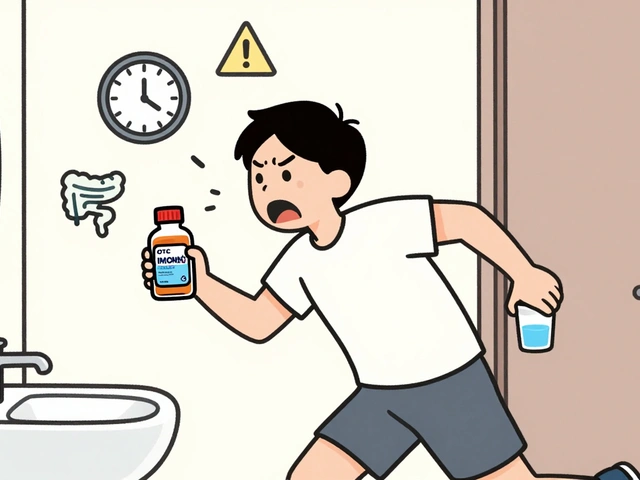Fitness: Practical Tips for Strength, Recovery, and Smart Supplements
Want better results without wasting time? Focus on three basics: training that progresses, food that fuels, and sleep that repairs. Small, consistent changes beat occasional extremes. Below are clear, usable steps you can start today.
Training and Nutrition Basics
Train with a plan. If you’re new, aim for 2–3 full-body strength sessions a week. Use compound moves—squats, deadlifts, push-ups, rows—and add weight or reps slowly. That steady increase, called progressive overload, is what builds strength and muscle.
Mix in cardio for heart health and stamina: 20–40 minutes of moderate effort 2–4 times weekly is a useful target for most people.
Eat to support your goals. A simple rule: prioritize protein and real food. Active adults commonly do well with about 1.2–2.0 g of protein per kg of body weight daily. Spread protein across meals. Include whole grains, vegetables, healthy fats, and hydrate—water supports training and recovery.
Supplements, Sleep and Meds Safety
Supplements can help, but they aren’t magic. Zinc supports immune function and recovery if you’re deficient—read our Zinc article to learn signs of low zinc and safe doses. Calcium D-glucarate shows up in conversations about detox and hormone balance; it may help some people but check with a clinician before adding it.
Sleep matters as much as training. Aim for 7–9 hours nightly. Good sleep improves strength gains, learning, and mood. If sleep is poor or you’re a student juggling late nights, our piece on Sleep Disorders Among College Students has practical fixes you can try.
Medications can change how you exercise or recover. Statins or other cholesterol drugs sometimes cause muscle soreness—if you’re on Lipitor or similar meds and notice new pain, talk to your doctor. We have guides on Lipitor and non-statin options that explain what to watch for.
Quick safety checklist:
- Progress slowly—avoid big jumps in weight or volume.
- Fuel workouts with protein and carbs around training times.
- Prioritize sleep and short naps if you’re under-recovered.
- Test for deficiencies before taking high-dose supplements.
- Tell your doctor about exercise changes when you’re on medication.
Want deeper reads? Check out our related articles on Zinc: The Essential Nutrient, Sleep Disorders Among College Students, Calcium D-Glucarate benefits, and Lipitor basics. Those posts walk through evidence, safe dosing, and when to see a pro.
Start small: add one extra hour of sleep, one extra protein-rich meal, or one consistent workout this week. Track how you feel, and adjust. If you’re unsure about supplements or medicines, get a quick chat with a pharmacist or doctor—small safety steps keep progress steady.

Alder Buckthorn is more than just a plant; it's a powerhouse for health enthusiasts looking to boost their well-being. This often-overlooked gem offers natural benefits that can enhance your fitness journey. From aiding digestion to detoxifying the body, it's packed with nutrients that support a balanced lifestyle. Discover how Alder Buckthorn can be your secret weapon in achieving and maintaining health and fitness goals.






